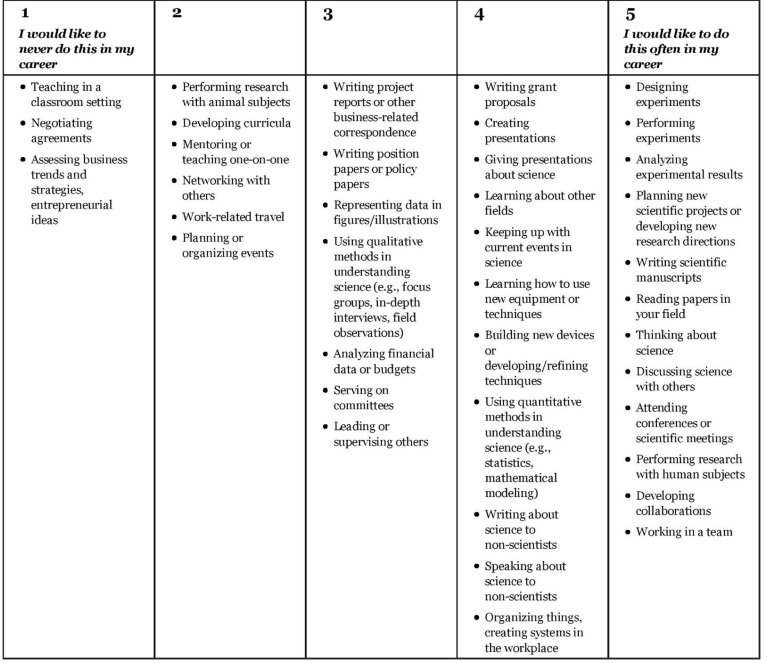Disclaimer: I don’t really have any practical experience with this because nobody in my household is what would be termed a “reluctant reader.” But my mom was worried that my sister was a reluctant reader (she wasn’t, she just wasn’t a bookworm– she’s one of those who prefers book-club style books at about the rate that a bookclub reads them) and I’ve also done a research project that brought me into the intrinsic/extrinsic motivation literature which is largely tested with children’s reading. That said, I will not be providing citations because this is a hobby blog-post and I am lazy.
There are two big reasons that someone might not be a reader. The first is that they just don’t have anything to read that is as compelling as whatever else they’re spending their time doing. The second is that they don’t have what is termed “facility” in the literature– that is, they’re not that good at reading.
The first is potentially more fun to solve– you go through the joyous experience with your kid of finding what they find compelling. They can ask their friends what they are reading. You can try out all sorts of random stuff at the library. Alternatively it might involve being unfun if your kid has unlimited screen time and you’d like to cut back on that but there’s resistance.
The second can be complicated. Sometimes there’s an underlying learning disability keeping a kid from gaining reading facility. If that’s the case, you’ll need to see a reading specialist. Sometimes though, it’s just that they haven’t gotten enough practice reading or never learned the basics of phonics. If they’re young, you can do more reading with them. You can work on phonics. Then there’s the question of how to encourage practice without making a kid hate it.
This is where the literature on intrinsic vs. extrinsic motivation gets interesting.
There is a large literature showing that if you pay good readers to read, they read less after you stop paying them than does the control group that never got paid to read. That is, paying good readers to read kills intrinsic motivation.
A smaller literature suggests that this negative finding is *not true* for kids who don’t read because they don’t have reading facility. Paying them to get over the hurdle– to practice reading– means that poor readers who were paid to read up to the point where they can read fluently, they read much more on their own than the control group that wasn’t paid. That is, extrinsic motivation until enough practice has been done to make reading easier and actually fun leads to intrinsic motivation.
There’s all sorts of concerns about fairness and so on when you have multiple kids, but this is just to be clear that it is ok to reward your kid for practicing when they’re really bad at something and it’s no fun. It’s probably fine to reward yourself in those situations too…
Numbered suggestions:
- Read a lot yourself. Have lots of books around. Kids do what they see their parents doing. If you read because it’s fun, they will be more likely to as well.
- Read to your kids– you can do this without resistance probably through early middle-school.
- Go to the library regularly.
- Keep lots of all sorts of reading material around, especially if a kid indicates that they like something.
- Comic books– books with pictures and words. These are great for all ages. I prefer the funny Calvin and Hobbes style stories, but some people also enjoy super-hero style comics (Squirrel girl is wonderful for all ages!), or Sandman, or Cerberus or Hyperbole and a Half or … the list goes on.
- Series. A lot of book series are designed to grow in reading level as your child grows in reading level. The Magic Treehouse is an excellent example of this (and seems to be particularly good for oldest children, but in our experience doesn’t excite second children as much, possibly because the younger sibling is TSTL). It starts out short and easy to read and then gets longer and more complex.
- Magazines. Even trashy ones.
- Video games that have lots of story and text.
- Subtitled anime (or other non-English shows with subtitles).
- I don’t have a 10th suggestion, but maybe one of the members of Grumpy Nation does?
Grumpy Nation: What encourages people to read? Are you a reader? Why? Have you had experience with reluctant readers?







